Saga Match
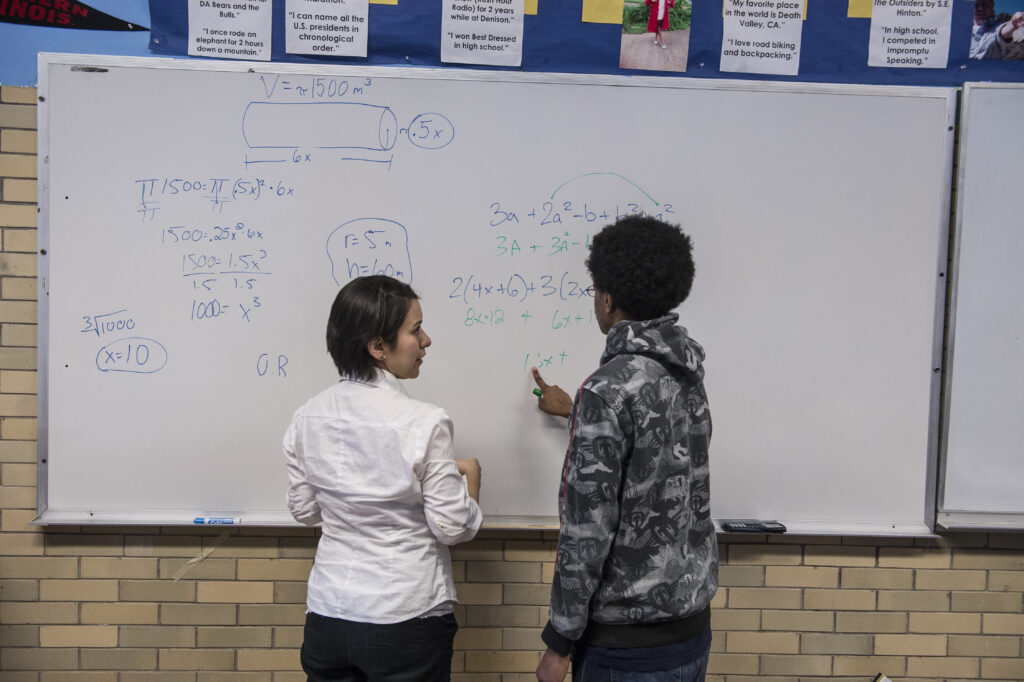
The Education Lab, in partnership with the Chicago Public Schools (CPS) and Saga Education, evaluated a promising high-dosage math tutoring model to improve students’ math achievement.
Challenge
Disparities in educational achievement for students of color and economically disadvantaged students have been a persistent feature of U.S. schooling over the past several decades. These disparities often increase as students get older and fall even further behind grade level.
Opportunity
Saga Education’s high-dosage, individualized during-the-school-day tutoring model is a promising strategy to reduce long standing disparities and address the potential mismatch between a student’s foundational math skills and their classroom work. The Education Lab conducted two randomized controlled trials to evaluate the impact of Saga Education’s high-dosage tutoring model on student academic outcomes in several public high schools in Chicago. The study found that intensive, individualized, high-dosage tutoring can double or triple the amount of math high schools students learn each year.
Project overview
Education researchers have long known that small-group tutoring generates some of “the best learning conditions that we can devise,” partly because it individualizes instruction and provides an opportunity for mentorship (Bloom, 1984). Tutoring addresses a central challenge in traditional classroom instruction: teaching students with vastly differing levels of academic achievement. However, the per pupil cost of these programs is often significant, making it unsustainable for public school districts to provide it to students at large-scale.
Saga Education’s high-dosage tutoring provides daily 45 to 50-minute, two-on-one instruction to students during the school day at modest per-pupil costs. By recognizing that tutoring is fundamentally different from traditional classroom teaching, Saga can hire and supervise tutors who can be effective and are willing to do this work for a modest stipend for a year as public service. The pool of individuals who can effectively deliver this small-group instruction far outnumbers the pool of educators who can be successful classroom teachers; the latter requires expertise in classroom management and whole-group instruction that the former does not. Consequently, tutors do not need to have extensive prior teacher training, and their success does not depend on years of on-the-job learning, enabling Saga to deliver this individualized instruction for over 130 contact hours per year at costs that are more reasonable for a public school district to bear by hiring recent college graduates, retirees, or career-switchers.
Years Active
2013 – 2022
Topics
Project Leads
Monica Bhatt
Senior Research Director
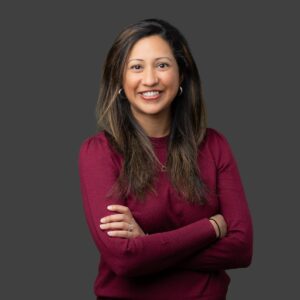
Jon Guryan
Faculty Co-Director
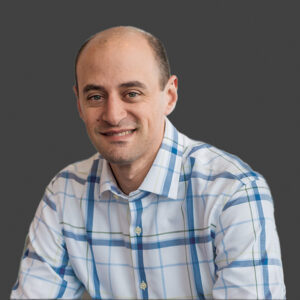
Jens Ludwig
Faculty Co-Director
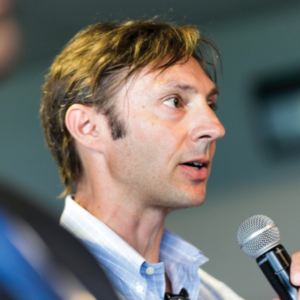
Since the 2013-14 academic year, Saga Education has implemented this high-dosage tutoring model in 9th and 10th-grade math classrooms in Chicago. To generate gold-standard evidence on the efficacy of this intervention, the Education Lab research team, in partnership with the Chicago Public Schools (CPS) and Saga Education, has carried out two separate large-scale randomized controlled trials (RCTs) with thousands of students across the city. Beginning in 2013, the research team worked with CPS to identify over 5,000 9th and 10th graders who could have benefited from programming and then randomly assigned them to one of two conditions—high-dosage tutoring (previously delivered by Match Education, but now provided by Saga Education) or a group receiving “business as usual” or status quo school and community supports.
Results from this study show improvements in math test scores by the equivalent of one to two and half years of extra math learning for the typical American high school student (Reardon, 2011). The results also indicate improvements in students’ math GPA and reductions in math and non-math course failures.
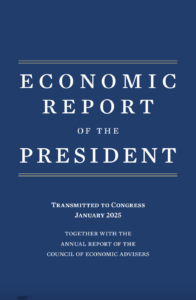
2025 Economic Report of the President
This report cites results from the Education Lab’s study of a high-dosage tutoring model–what we call “Saga Technology”–which found that substituting some tutor time with educational technology can reduce costs by one-third and halve the number of tutors needed without compromising effectiveness.

Briefing for Chicago Public Schools Elected School Board Candidates
The Education Lab hosted a series of briefings for Chicago Public Schools’ elected school board candidates to provide practical tools and show how school board members can effectively use data to shape policy and improve student success.
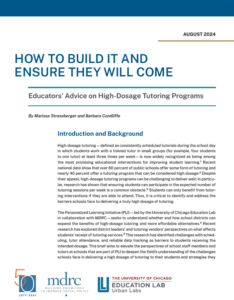
How to Build It and Ensure They Will Come: Educators’ Advice on High-Dosage Tutoring Programs
Read a new brief from our partners at MDRC that highlights educators’ advice on implementing high-dosage tutoring programs.
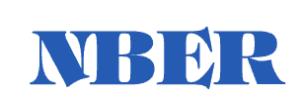
NBER Working Paper: Can Technology Facilitate Scale? Evidence from a Randomized Evaluation of High Dosage Tutoring
This paper outlines results from the Education Lab’s study of a high-dosage tutoring model–what we call “Saga Technology”–which found that substituting some tutor time with educational technology can reduce costs by one-third and halve the number of tutors needed without compromising effectiveness.
